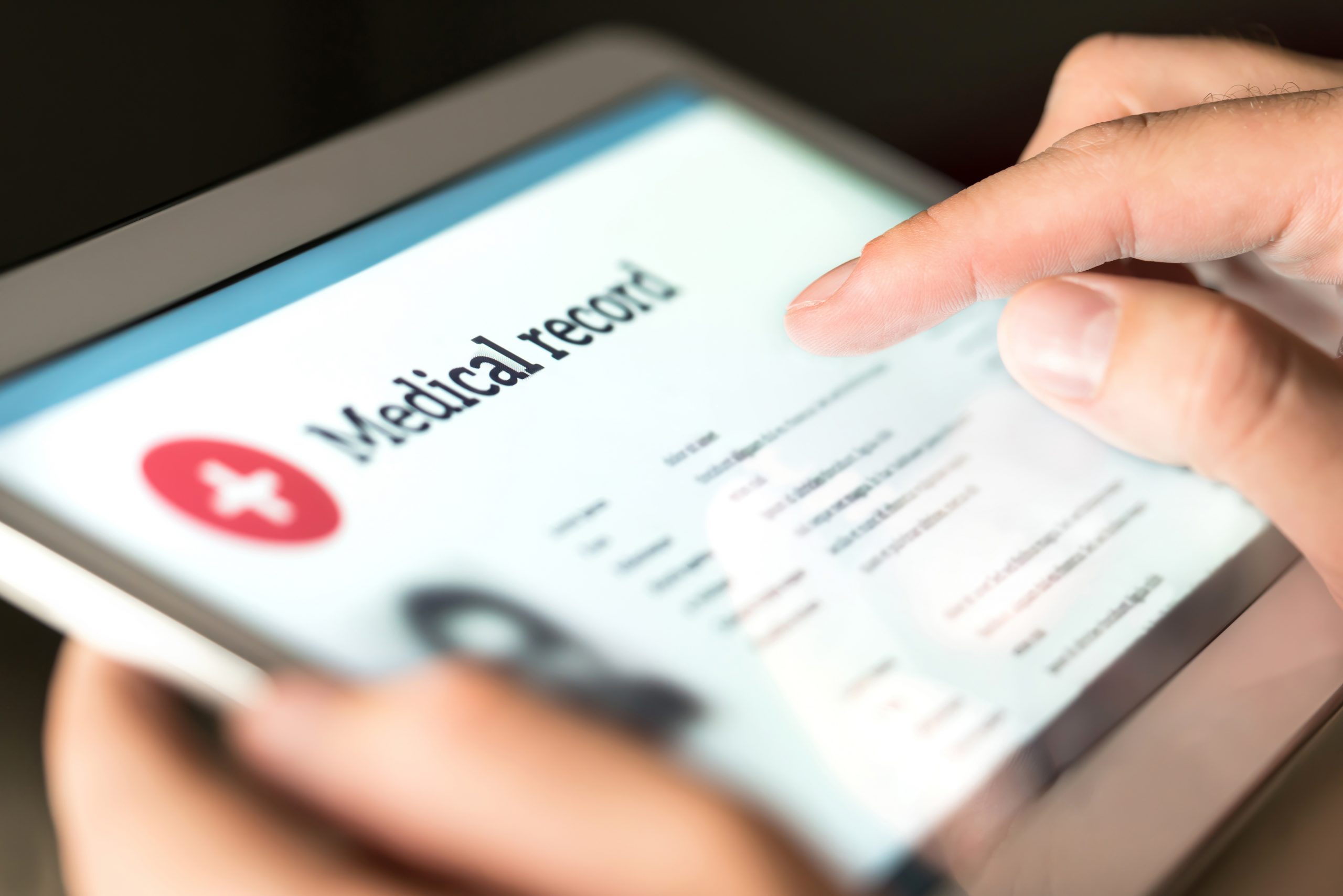With the rise in technological upgrades, clinical trials are starting to benefit from its use. As a medical researcher, you no longer have to utilize paper Case Report Forms (CRF) to collect data for your trial. You now have the option of going digital through an Electronic Case Report Form (ECRF.) With ECRF, you can take your data collection process online.
Healthcare is moving towards digitalizing most of the processes, be it recordkeeping or billing, software can be used for all management operations. Medical branches such as ophthalmology are also embracing technology with the help of billing applications. Moreover, the financial improvement of any healthcare practice requires efficient billing, accurate ophthalmology cpt codes, timely account management, and more. With all these things, software for clinical trials and patient data recordkeeping can completely revolutionize the healthcare sector.
So, are you wondering how else you’ll stand to benefit by incorporating ECRF systems in your clinical trials? This article will enlighten you on these benefits; read on!
You’ll benefit through:
1. Saves You Time
A lot of time is spent preparing paper CRFs, not forgetting the printing process. Your patients will also take a lot of time to fill out the forms, including delivering them to your hospital or research institutions.
However, with ECRF, the clinical trial process speeds up. That is because your team doesn’t have to produce several copies for each patient. Your staff will only need to design one copy which will be made available to patients through the system. When it comes to design, it’s good to point out that the paper CRF design & eCRF design don’t differ in format.
Also, your patients won’t consume much time with the process, from filling in until submission. They can submit the forms with the click of a button.
Edit checks in your ECRF will eliminate most of the errors in your forms. Therefore, your team will spend less time making corrections and jump straight to analysis and interpretations. With this, you’ll conclude your clinical trial within no time.
Also, the ECRF system allows you to create a template from the design of your form, such that you can re-use it in the future. With this, your team doesn’t have to start from scratch when undertaking a new clinical trial. Should there be a need to change the format, you can easily customize it through the system.
2. Better Security
In a clinical trial, you’ll be collecting sensitive data from your patients. Therefore, it’s essential to keep this data private and away from unauthorized access.
An ECRF system will help you to secure your documents. Since the data is stored on software, you can encrypt it with a password that only a few people can access. When you adopt passwords, consider investing in a password management system. Such a system will ensure you set strong passwords and update them regularly for extra security.
Additionally, ECRF can provide a secure backup of your data. The majority of ECRFs store their data in the cloud. Cloud storage systems are typically managed by trusted and reputed IT firms (such as ones that provides it services denver), which keep data secure against cyberattacks. By storing data in the cloud, you can easily retrieve any information you need, even a few years down the line. This is because the cloud offers large storage systems, and you don’t need to invest in resources to provide a storage area, as is seen with paper case report forms.
3. Quality Data
By utilizing an ECRF system, you’re assured of collecting quality data for your clinical trial.
The accuracy derives from the fact that there’ll be fewer errors in the filing process. When you incorporate edit checks, it’ll offer real-time monitoring as patients fill in their data. After all, with the help of healthcare data analytics, storing and processing critical data isn’t an issue anymore. Should the patient make an error, the system can notify the patient and address the concern.
At the end of it all, an ECRF system will only submit correct forms. Therefore, you can rely on this data for your clinical study without making wrong conclusions.
4. Saves On Costs
When conducting a clinical trial, you want to save as much money as possible for the crucial processes of your study.
ECRF systems will help you reduce your operational costs. How? As previously stated, with ECRF, you only need to design one form and send it to your patients. Therefore, you don’t need to incur printing costs of the form, including delivery costs.
Edit Checks will handle most of the errors your patients are likely to make as they fill out their forms. With this, the data checking process is reduced to a bare minimum. Therefore, you no longer need to have a whole team in place to check the data on the forms or go from form to form, as is seen with paper CRFs. It will save you on the hiring costs of many workers, not forgetting other benefits and insurance covers.
For your patients, too, these automated forms may prove useful when filling in their information. Moreover, if there is a need to bring in insurance coverage to reduce the costs incurred by the patients, this too can be done electronically. Patients can learn more about what plan they are on; understand the benefits of supplemental plans (like What is Medicare Plan G?); and make the process easier overall. The tedium of paperwork gets reduced by half or more.
5. Less Training
Much training needs to be done during a clinical trial to ensure your team conducts the process correctly. That is because accuracy is valued intensively to collect reliable data for health-related studies.
When using an ECRF system, you don’t need to invest much into training. It is because the system will do most of the operations independently. Your team only needs to know what the data represents during analysis and how to handle any data the system collects. With this information, there’ll be no data misinterpretation that’ll lead to wrong conclusions in your clinical trial.
Conclusion
As seen, there are many ways your clinical trial will stand to benefit from the adoption of ECRF systems. Therefore, consider incorporating these systems into your clinical studies, and the whole process will be made simpler and faster, not forgetting efficiency.










